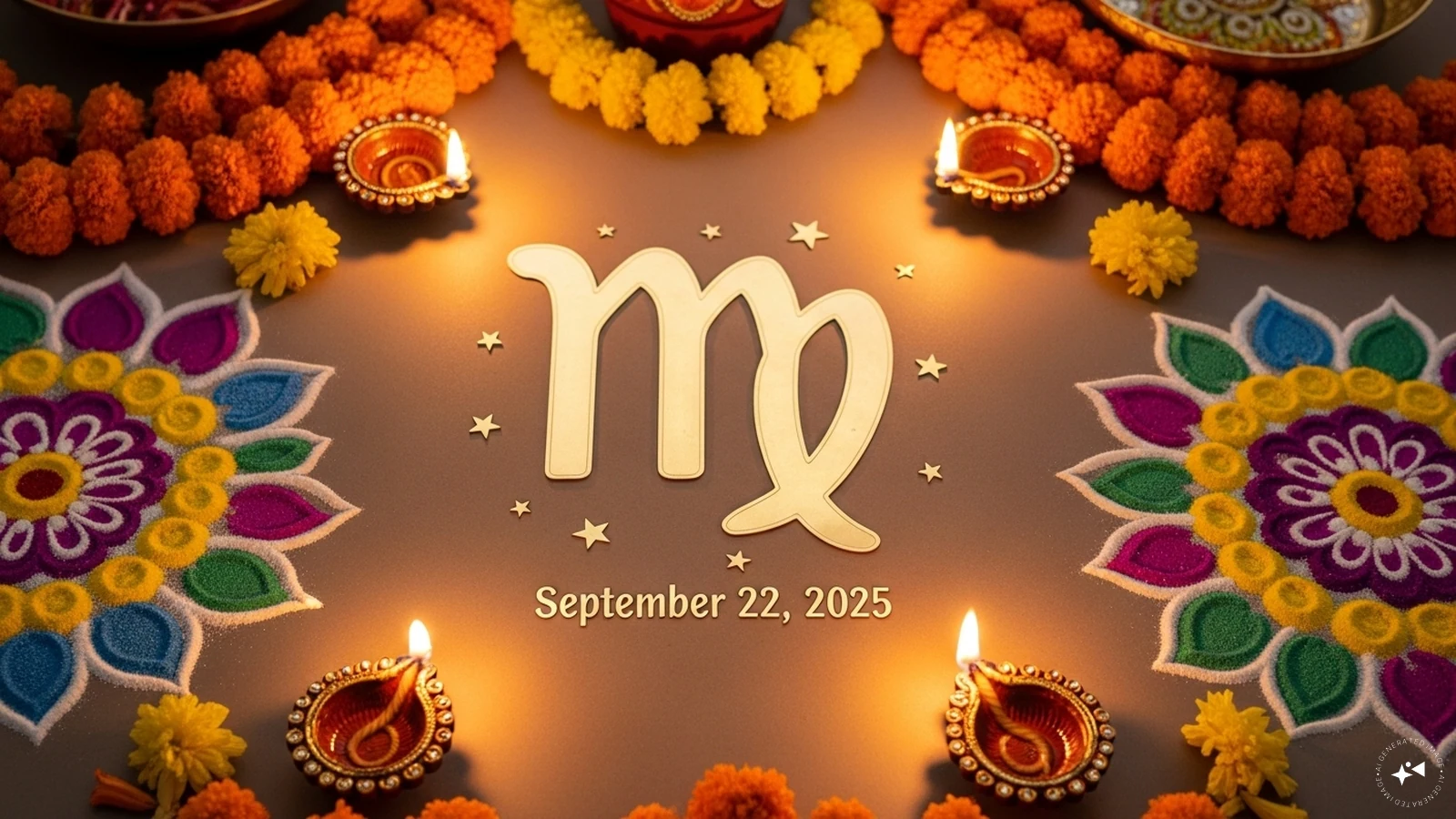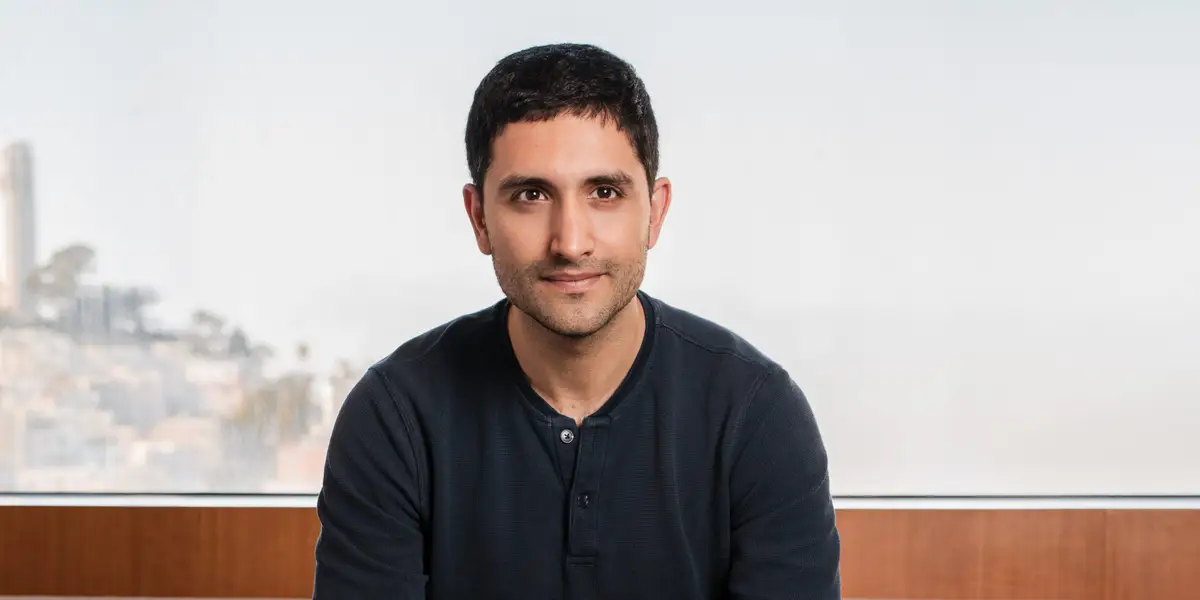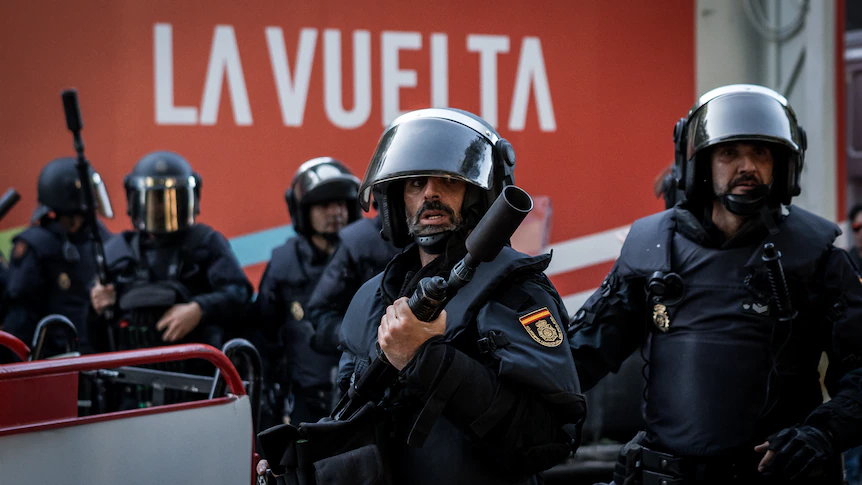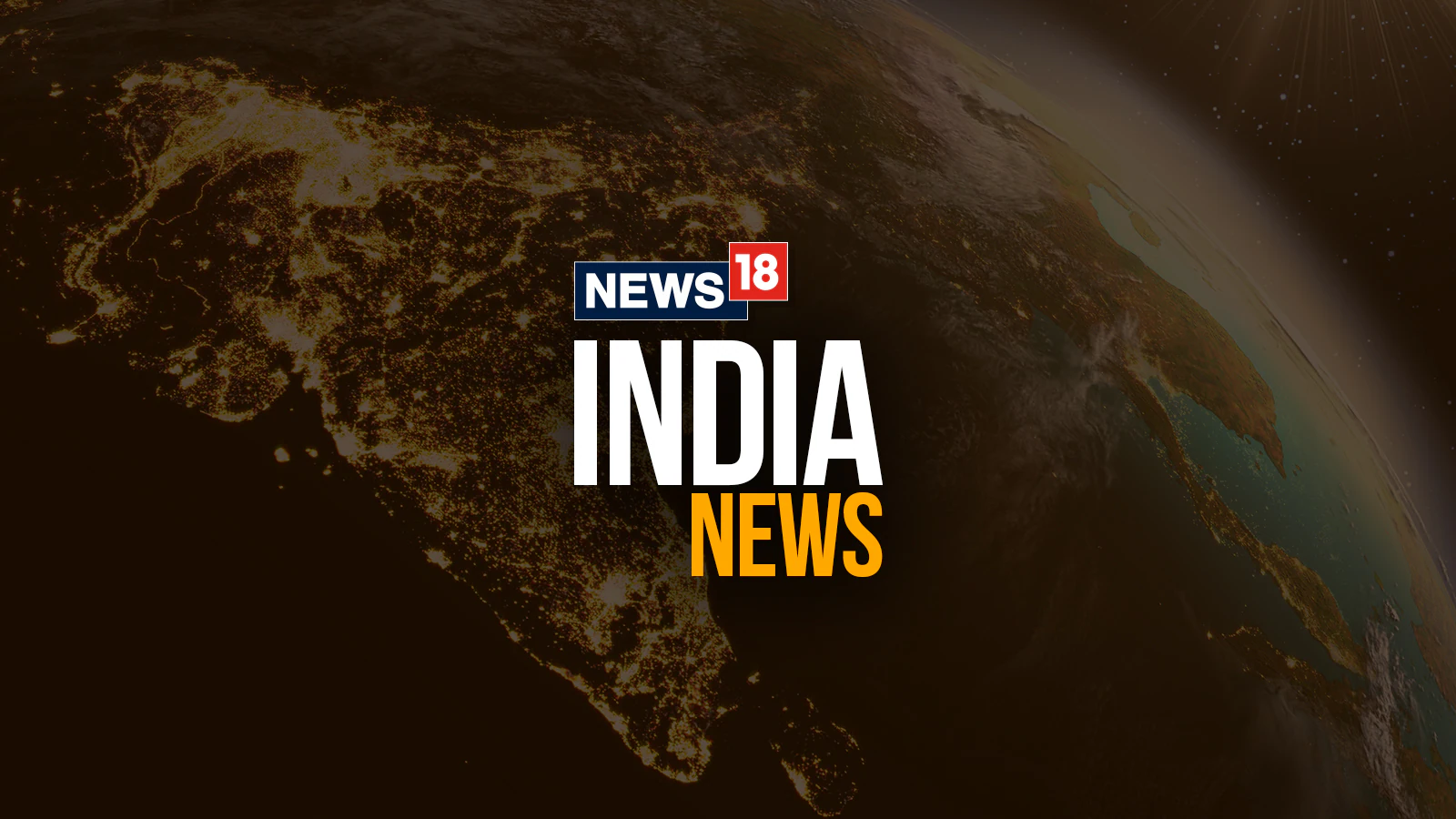By Aza Msue
Copyright leadership
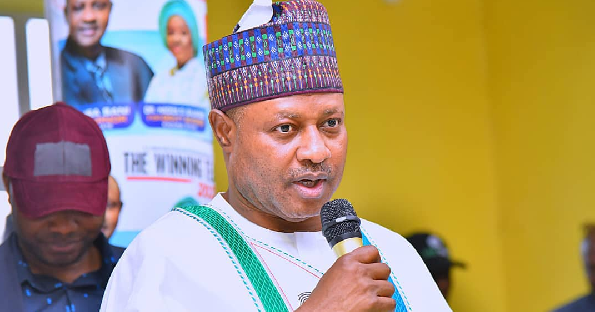
Kaduna State government and the Gates Foundation have signed the Kaduna Mutual Accountability Framework (KaMAF) to strengthen strategic collaboration, accountability and sustainable development.
The ceremony, held on the sidelines of the ongoing United Nations General Assembly Conference in New York, United States (US) represents a shared dedication to supporting sustainable development in the state through targeted interventions and strengthened cooperation.
In a statement co-signed by the chief press secretary to the Kaduna State Governor, Ibraheem Musa and senior communications officer at the Gates Foundation, Fatima Abubakar Alkali, explained that the framework established a non-binding strategic platform for dialogue and accountability.
They said it is intended solely as a guide for collaboration and does not constitute and shall not be interpreted as creating any legally enforceable obligations or financial commitments by either party.
The statement added that it is designed to align the development priorities of both partners for maximum impact; builds on the Kaduna State International Development Cooperation Framework (2017-2020) and introduces new mechanisms for strategic dialogue, measurable commitments and citizen-centered monitoring.
The framework’s key areas of focus include health, agriculture, data management, realistic budgeting, and economic empowerment.
Kaduna State governor, Senator Uba Sani, described the framework as a vital step toward Kaduna’s development vision. He added that it represents a bold step from promises to delivery.
Sani said, “The KaMAF represents a bold shift from promises to delivery. By ensuring accountability, transparency and alignment with our citizens’ priorities, Kaduna is working toward building a more inclusive, resilient and prosperous future. We are proud to partner with the Gates Foundation to drive real, measurable change that improves lives across our state.”
Speaking on the agreement, the Gates Foundation reaffirmed its commitment to Kaduna State through ongoing investments and technical assistance.
Its country director in Nigeria, Uche Amaonwu, said, “Our work in Kaduna is grounded in a shared vision for inclusive, accountable and data-driven development. “We are not just investing in systems; we are investing in people, communities and institutions that support sustainable change.”
The KaMAF will guide collaboration over two years (2025–2026), with regular Strategic Dialogues and a Joint Steering Committee to track progress, resolve bottlenecks, and ensure sustainability.
The state government and the Gates Foundation aim to set a model for transformative state-donor partnerships in Nigeria and beyond by aligning resources, reinforcing accountability and centering citizens in the process.
